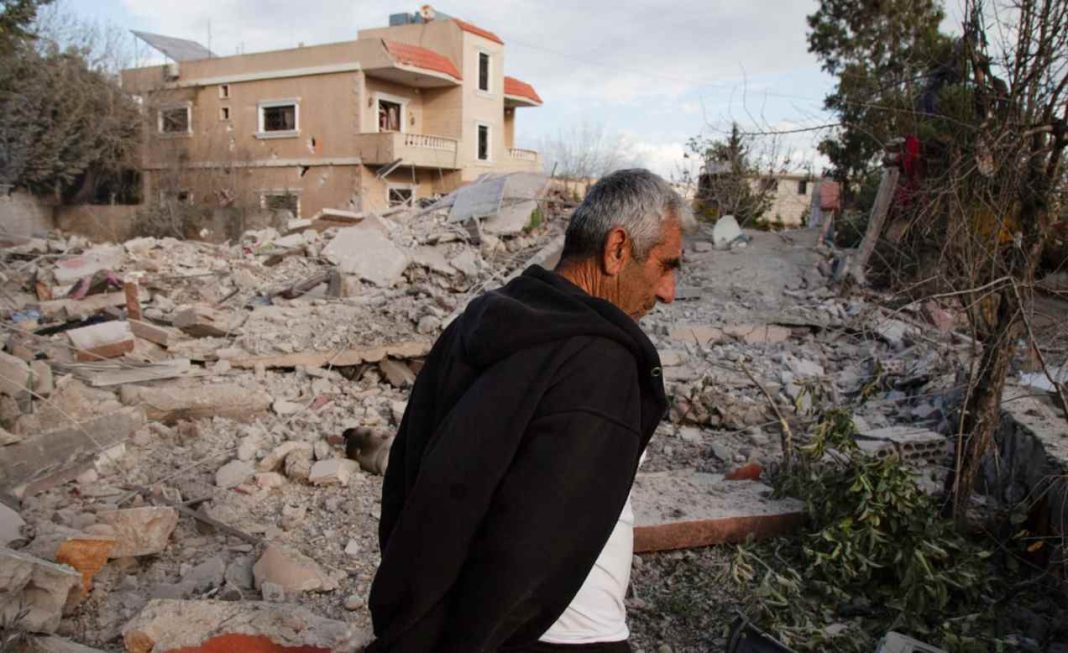The ongoing Israeli offensive against Lebanon has claimed the lives of over 200 children in the past two months, according to the United Nations Children’s Fund (UNICEF). This alarming statistic highlights the devastating impact of Israel’s intensified military campaign, which began in late September. UNICEF spokesperson James Elder has condemned the lack of international action, describing the situation as the “silent normalisation of horror.”
“An average of three children are killed every day in Lebanon, a tragic pattern that is met with indifference from those who hold the power to end this violence,” Elder stated during a press briefing in Geneva.
Escalating Violence and Civilian Suffering
The conflict, which initially involved sporadic exchanges between Israel and Hezbollah, spiraled into full-scale war in mid-September. Israel’s stated aim is the dismantling of Hezbollah’s infrastructure and the resettlement of 60,000 Israelis displaced by the hostilities in its northern regions. However, the offensive has disproportionately affected civilians, with Lebanese health officials reporting over 3,450 deaths, including 231 children, and more than 14,000 injuries.
The parallels between Lebanon and Gaza are chilling. In both territories, children face relentless bombardment, homelessness, and psychological trauma. Schools remain closed due to ongoing attacks, and UNICEF warns that the “intolerable” is being normalized. In Gaza, over 17,000 children have been killed during Israel’s year-long military campaign, underscoring the staggering scale of civilian casualties in the region.
Indifference from Global Powers
UNICEF has criticized the global community’s failure to intervene effectively. “Despite the horrific toll, those with influence remain inert, allowing the intolerable to persist,” said Elder. His remarks reflect a growing frustration among humanitarian organizations at the lack of decisive action to protect children in conflict zones.
Read More: Pornographic ‘Attack’ During Meeting of Ambassador Rizwan Sparks Outrage and Calls for Resignation
The agency is providing critical support to affected children, including psychosocial services, medical aid, and emergency supplies. However, these efforts are merely a band-aid solution in the face of systemic violence.
Regional and International Implications
Israel’s campaign in Lebanon is part of a broader escalation in the region, following its war against Hamas in Gaza. Since October last year, Hezbollah has intensified its rocket attacks on Israeli territory, including deep strikes into Tel Aviv. The Israeli military’s response has been devastating, with heavy shelling of civilian areas and infrastructure. Reports from Lebanon indicate that at least 200 healthcare workers have also been killed, compounding the humanitarian crisis.
The Lebanese conflict mirrors the broader geopolitical dynamics of the Middle East, with Iran-backed Hezbollah and Hamas on one side and Israel on the other. As international actors continue to fail in mediating a ceasefire, the civilian toll mounts, with children bearing the brunt of the violence.
The normalization of child deaths in Lebanon and Gaza marks a grim chapter in the region’s history. The silence of global powers in the face of such atrocities is not only a moral failure but a stark reminder of the international community’s selective approach to human rights. Until meaningful action is taken, the cycle of violence will persist, claiming more innocent lives and leaving deep scars on the next generation.














